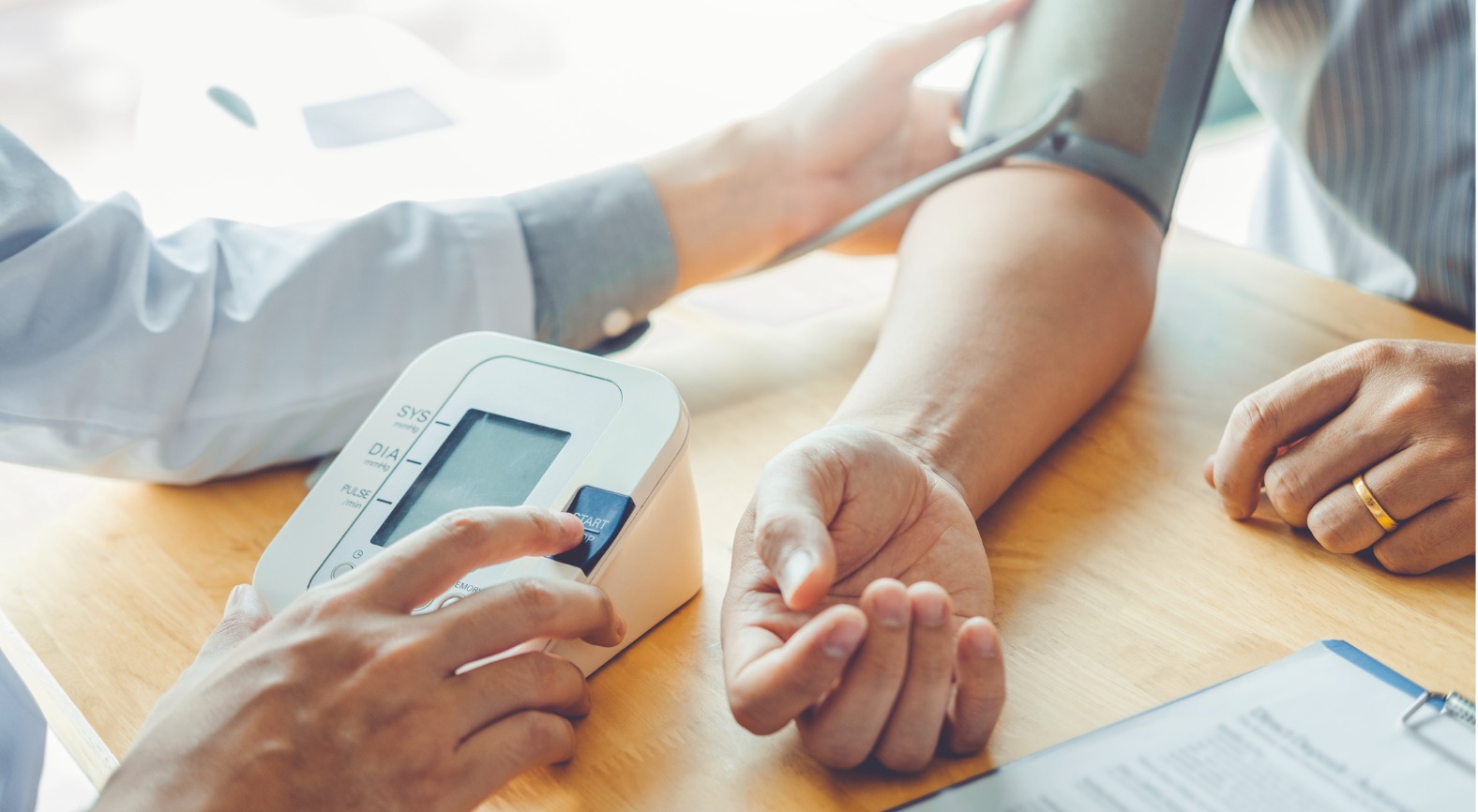Figuring out whether you’re experiencing kidney pain or back pain can be challenging. Both can cause discomfort in similar areas of your body, but they have different causes and require different treatments. Let’s explore how to tell kidney pain and back pain apart, what symptoms accompany each, and when you should seek medical attention.
Key Differences Between Kidney Pain and Back Pain
While kidney pain and back pain can feel similar at first, there are several important distinctions:
Location
Kidney Pain: Kidney pain typically occurs higher up on your back, usually just below your rib cage on either side of your spine. Because your kidneys sit in this area (called the flank region), kidney-related discomfort tends to be felt more toward the sides of your body rather than directly in the center of your back. Most people describe it as a deep ache in one specific side.
Back Pain: Muscle-related back pain is usually felt in the lower back, centered along the spine or across the lower back muscles. It’s often more generalized and can spread across a wider area. The pain might be in the middle of your back or affect both sides equally.
Type of Pain
Kidney Pain: Kidney pain is often described as a constant, dull ache that doesn’t change much with movement or position. It can also be sharp and severe, particularly if you have kidney stones or a kidney infection. The pain tends to be steady rather than coming and going with certain movements.
Back Pain: Muscular back pain often changes with movement. You might feel worse when bending, lifting, or twisting, and better when resting in certain positions. The pain can range from a dull ache to sharp spasms, and it typically responds to stretching or position changes.
What Makes It Worse
Kidney Pain: Kidney pain usually doesn’t improve with rest or position changes. It may worsen with gentle tapping over the kidney area (something your doctor might test during an examination). The pain is internal and constant, unaffected by how you move your body.
Back Pain: Muscular back pain often worsens with specific movements like bending forward, standing for long periods, or lifting objects. You might find relief by lying down, applying heat, or changing positions. Activities that engage your back muscles typically intensify the discomfort.
Associated Symptoms: Important Clues
The symptoms that accompany your pain provide crucial clues about whether your kidneys or your back muscles are the source.
Signs That Point to Kidney Problems:
- Changes in urination: Difficulty urinating, frequent urination, decreased urine output, or burning sensation when urinating
- Blood in urine: Urine that appears pink, red, brown, or cola-colored
- Fever and chills: Often indicate a kidney infection (pyelonephritis)
- Nausea and vomiting: Common with kidney stones or kidney infections
- Swelling: Fluid retention in your legs, ankles, feet, or face
- Fatigue: Unusual tiredness that doesn’t improve with rest
- Pain that radiates: Discomfort that travels from your flank to your lower abdomen or groin (particularly common with kidney stones)
Signs That Point to Back Problems:
- Muscle stiffness: Tightness in your back muscles, especially in the morning
- Limited range of motion: Difficulty bending, twisting, or moving in certain ways
- Muscle spasms: Sudden tightening or cramping in your back muscles
- Pain that improves with rest: Discomfort that lessens when you lie down or avoid certain activities
- Tenderness to touch: The painful area feels sore when you press on it
- Pain that radiates down the leg: Could indicate sciatica or nerve compression (different from kidney-related pain patterns)
Common Causes of Kidney Pain
- Kidney Stones: One of the most common causes of severe kidney pain. Stones can cause intense, cramping pain that comes in waves as they move through your urinary tract. The pain often starts in your flank and radiates toward your groin.
- Kidney Infections (Pyelonephritis): Bacterial infections that travel from the bladder to the kidneys can cause fever, chills, and persistent flank pain. Kidney infections require prompt antibiotic treatment to prevent serious complications.
- Urinary Tract Infections (UTIs): While most UTIs affect the bladder, severe infections can spread to the kidneys and cause upper back pain along with burning during urination and frequent urges to urinate.
- Hydronephrosis: Swelling of the kidney due to urine backup can cause a dull, constant ache in the flank area. This occurs when something blocks the normal flow of urine from the kidney to the bladder.
- Polycystic Kidney Disease: This genetic condition causes fluid-filled cysts to grow in the kidneys, which can lead to chronic flank pain, high blood pressure, and reduced kidney function over time.
- Kidney Trauma: Injury to the kidney from accidents, falls, or contact sports can cause immediate pain, bruising, and blood in the urine.
Common Causes of Back Pain
Back pain is often related to muscles, bones, or nerves rather than kidney problems:
- Muscle Strain: The most common cause of back pain. Overuse, poor posture, heavy lifting, or sudden movements can strain the muscles and ligaments in your back.
- Herniated Disc: When the cushioning discs between your vertebrae bulge or rupture, they can press on nearby nerves and cause pain, numbness, or weakness.
- Arthritis: Osteoarthritis can affect the lower back, causing stiffness and pain that worsens over time. Spinal stenosis, a narrowing of the spinal canal, can also develop.
- Poor Posture: Sitting for long periods with poor posture, especially at a desk, can lead to chronic back pain and muscle tension.
- Sciatica: Compression or irritation of the sciatic nerve causes pain that radiates from your lower back down through your buttock and leg.
When to Seek Medical Care
Knowing when to see a doctor is crucial for both kidney and back problems.
Seek Immediate Medical Attention If You Experience:
- Severe, sudden pain that doesn’t improve
- High fever (above 101°F/38.3°C) with back or flank pain
- Blood in your urine
- Complete inability to urinate
- Severe nausea and vomiting
- Signs of infection (fever, chills, confusion)
- Pain accompanied by weakness, numbness, or loss of bladder/bowel control
See Your Doctor Soon If You Have:
- Flank pain that persists for more than a few days
- Changes in urination patterns
- Back pain that doesn’t improve with rest and home care after a week
- Swelling in your legs, ankles, or feet
- Unexplained fatigue along with back or flank discomfort
- Recurrent urinary tract infections
How Healthcare Providers Diagnose the Difference
When you see a healthcare provider, they’ll use several approaches to determine whether your pain is kidney-related or musculoskeletal:
- Physical examination: Your doctor will check for tenderness over your kidneys (costovertebral angle tenderness) and assess your back muscles and spine
- Urinalysis: A urine test can detect blood, bacteria, or other signs of kidney problems
- Blood tests: Kidney function tests (creatinine, BUN) help assess how well your kidneys are working
- Imaging studies: Ultrasound, CT scans, or X-rays can visualize your kidneys and spine to identify stones, infections, or structural problems
What You Can Do at Home
For mild back pain, home care may provide relief:
- Apply heat or ice to the affected area
- Take over-the-counter pain relievers (check with your doctor first)
- Practice gentle stretching and maintain good posture
- Avoid heavy lifting and strenuous activities temporarily
However, if you suspect kidney pain, don’t try to diagnose or treat it yourself. Kidney problems require professional medical evaluation and treatment. Delaying care for kidney issues can lead to serious complications.
Expert Kidney Care in Cincinnati and Greater Ohio
At The Kidney & Hypertension Center, our experienced nephrologists can evaluate your symptoms and determine whether kidney problems are causing your discomfort. We provide comprehensive diagnostic testing and personalized treatment for all kidney-related conditions. With multiple convenient locations throughout the Cincinnati area and Ohio, expert care is always nearby.
If you’re experiencing persistent flank pain or symptoms that suggest kidney problems, don’t wait. Request an appointment today to get the answers and care you need.




